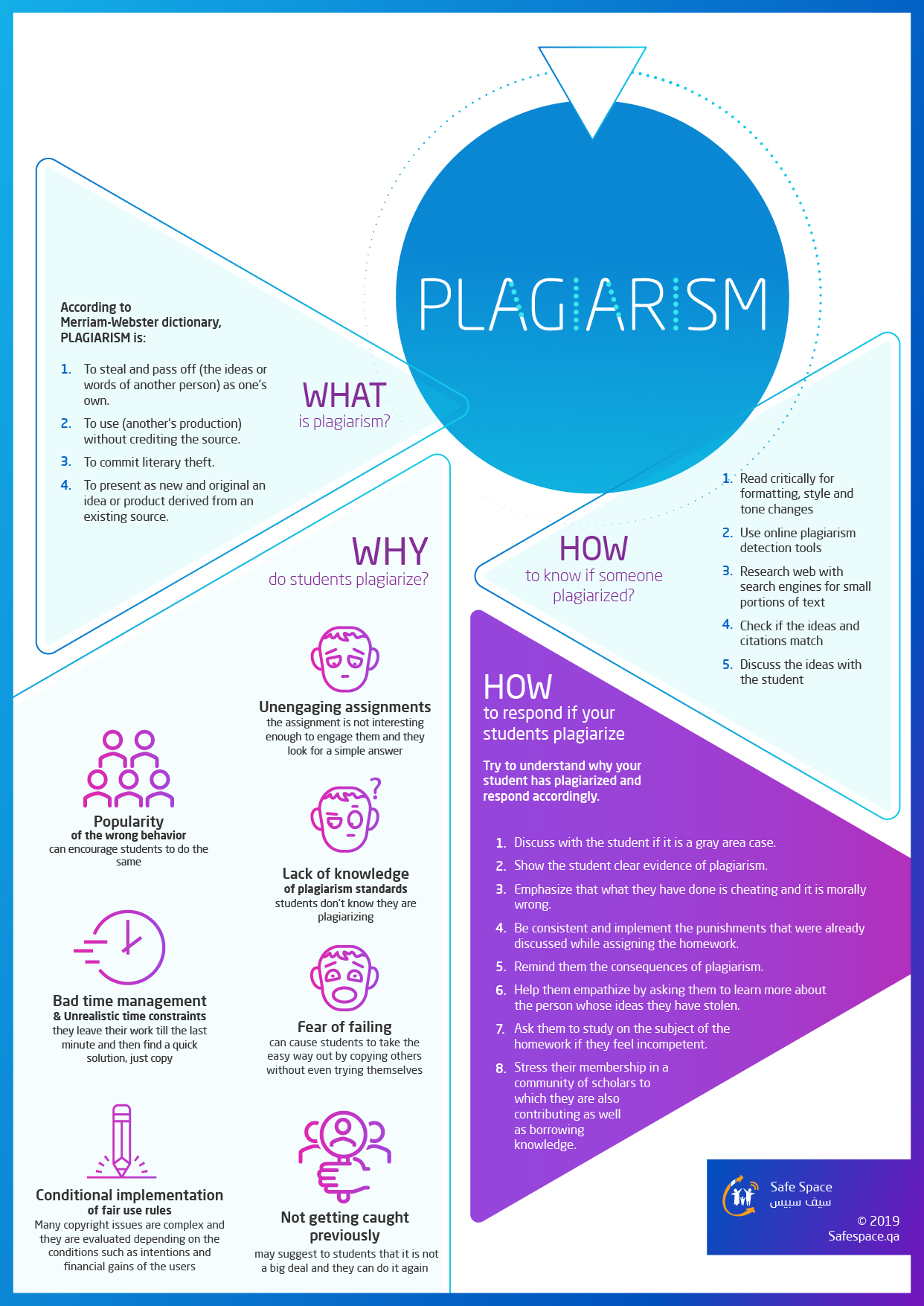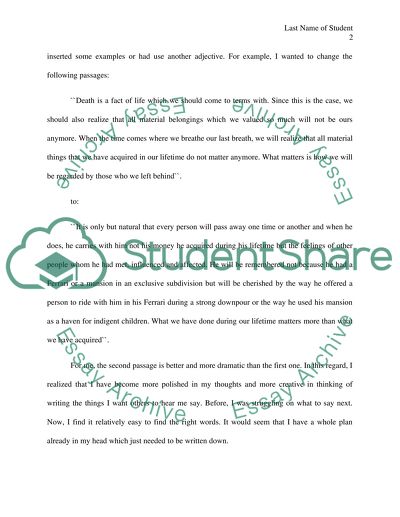
At UNC, plagiarism is defined as “deliberate or reckless representation of another’s words, thoughts, or ideas as one’s own without attribution in connection with submission of academic work, whether graded or otherwise” (Instrument of Student Judicial Governance 5). Because it is considered a form of cheating, the Office of the Dean of Jun 17, · There are different ways to commit plagiarism, and you may even do it accidentally or unintentionally if you are not careful enough. The idea of unknowingly committing fraud can be intimidating. In order for you to avoid plagiarism altogether, it would be helpful to get a full primer of the many ways you can commit this type of fraud May 18, · to commit literary theft; to present as new and original an idea or product derived from an existing source; In other words, plagiarism is an act of fraud. It involves both stealing someone else's work and lying about it afterward. But can words and ideas really be stolen? According to
Is Recycling Your Own Work Plagiarism? | Turnitin
Plagiarism at UNSW is using the words or ideas of others and passing them off as your own. How to commit plagiarism is a type of intellectual theft.
Plagiarism can take many forms, from deliberate cheating to accidentally copying from a source without acknowledgement. Consequently, whenever you use the words or ideas of another person in your work, you must acknowledge where they came from, how to commit plagiarism. It's important to know what plagiarism is, and what form it takes some common types of plagiarism are listed here.
It's also important to know how plagiarism happens, how to commit plagiarism. The final step is to develop effective academic skills.
Many students who plagiarise do so unintentionally, often because they don't have the academic skills to avoid over-reliance on the work of others or because they aren't sure what constitutes plagiarism. So it's important to take every opportunity to develop your academic skills. On this site, there are resources on avoiding plagiarism and how to be organisedas well as a list of other resources and links so students can develop good academic practice.
One of the contradictions of academic writing is that, while you are expected to research and refer to experts and authorities, you are also expected to produce original work.
This is to ensure that you are very clear about your own ideas and about how the works of other scholars have influenced your understanding. It is important to recognise that all scholarship involves understanding, researching and building on existing research to some degree.
Undergraduates, for instance, often base their assignments on selecting, ordering, summarising and interpreting what others have said to support their own academic arguments. Therefore, it is important to learn how to reference wellthat is, how to consciously and clearly acknowledge the sources you have used in your work so that your own contribution can be clearly identified and appreciated.
As part of an academic community, you are expected to abide by its ethical practices. No doubt some students do cheat. But most cases of plagiarism are accidental and could be avoided if students became more conscious of their own writing and research practices.
Most students who plagiarise do so unintentionally, usually because they don't have the skills to avoid over-reliance on the work of others or because they aren't sure what constitutes plagiarism. Both intentional AND unintentional plagiarism are violations of UNSW Plagiarism Policy PDF. Contract cheating, or 'ghostwriting', is when a student engages another person to complete work for them, and then submits the work as their own, regardless if money was paid how to commit plagiarism not.
Click here to learn more about contract cheating. Sign On Expand menu for How to commit plagiarism On Moodle myUNSW Email Microsoft Office myLibrary Careers portal Change your password Need help? Breadcrumb Student Support Academic Skills Plagiarism.
What is Plagiarism? Three steps to learning about plagiarism It's important to know what plagiarism is, and what form it takes some common types of plagiarism are listed here. See next: Common forms of plagiarism. Why do I need to know about plagiarism? Plagiarism is unethical for three reasons: Firstly, it is unethical because it is a form of theft. Secondly, it is unethical because the plagiariser subsequently benefits how to commit plagiarism this theft.
If a student gains employment on the basis of a qualification they have not earned, they may be a risk to others. Academic Skills Referencing Plagiarism Expand menu for Plagiarism Academic integrity online module What is plagiarism?
Expand menu for What is plagiarism? Common forms of plagiarism How does plagiarism happen? Avoiding plagiarism Other plagiarism resources Writing skills Critical thinking Reading and note-taking Exam preparation More resources Workshops and courses Contacts and appointments. See also Contract cheating, how to commit plagiarism.
How to Prepare for Plagiarism / Academic Misconduct Hearings: Six Things to Do
, time: 10:38Plagiarism – The Writing Center • University of North Carolina at Chapel Hill

Oct 07, · Commit to doing your own work. They may also give further advice on avoiding plagiarism. Understand good paraphrasing. Simply using synonyms or scrambling an author's words and phrases and then using these "rewrites" uncredited in your work is plagiarism, plain and simple. Good paraphrasing requires that you genuinely understand the Oct 27, · Plagiarism, often times, violates those rights both by copying the work without permission and distributing it. However, not all plagiarisms are copyright infringements. For example, one can plagiarize from sources that are out of copyright (meaning in the public domain) and not commit copyright infringement At UNC, plagiarism is defined as “deliberate or reckless representation of another’s words, thoughts, or ideas as one’s own without attribution in connection with submission of academic work, whether graded or otherwise” (Instrument of Student Judicial Governance 5). Because it is considered a form of cheating, the Office of the Dean of
No comments:
Post a Comment